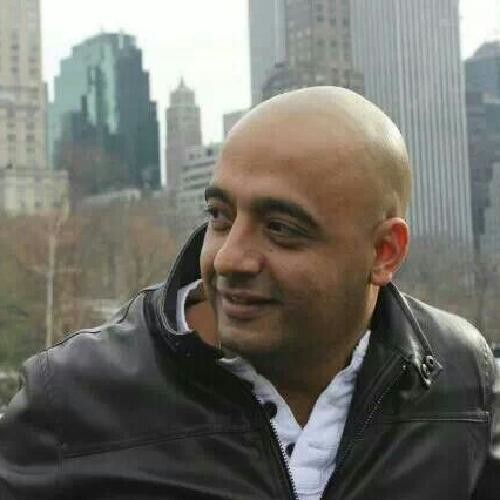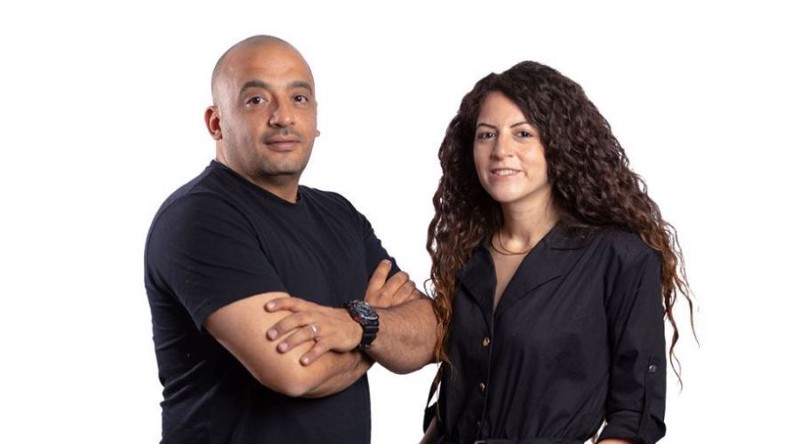Key Reasons Why TFK, Egypt’s Fashion Marketplace, Acquired Rival OPIO
Egypt-based fashion e-commerce marketplace, The Fashion Kingdom (TFK), has made an undisclosed acquisition of OPIO, a direct-to-consumer (D2C) fashion brand. TFK was founded in 2020 by Marianne Simaika, Fadi Antaki, and Karim Abdel Kader. The company offers a comprehensive support platform for brands, encompassing manufacturing, operations, marketing, and content creation capabilities, all powered by a scalable tech stack.
The acquisition of OPIO is a strategic move for TFK as it aligns with their vision to establish “THE FASHION KINGDOM,” an all-in-one fashion aggregator and venture builder. This acquisition aims to revolutionize the fashion industry in the region. By joining forces, TFK and OPIO will combine their expertise, resources, and brand portfolios to create a powerful fashion group.

Why The Acquisition
The acquisition of OPIO by TFK is motivated by several key factors. First and foremost, it allows TFK to strengthen its position as Egypt’s leading curated fashion marketplace. By incorporating OPIO’s direct-to-consumer expertise, TFK can enhance its existing marketplace infrastructure and broaden its reach within the fashion industry.
read also Dell Technologies Launches Full Apex Suite in South Africa
Additionally, the acquisition serves as a strategic step towards the establishment of “THE FASHION KINGDOM.” TFK aims to build, acquire, and grow diversified vertical fashion brands across the MENA region, both online and offline. This move positions TFK as an all-in-one fashion aggregator and venture builder, enabling them to tap into various markets and expand their influence.
Moreover, TFK’s focus on developing and promoting locally grown fashion brands sets it apart from other fashion groups in the region that primarily rely on international franchises. The acquisition of OPIO, along with other brands within TFK’s portfolio like FE, Boddiction, Saltwater Circle, and No Apologies, enables the company to create culturally relevant and relatable brands specifically designed for the MENA region. This strategy aims to reduce the reliance on imports and provide authentic fashion choices that resonate with the diverse population in the MENA region.
A Look at OPIO Kingdom
OPIO was founded by Shady Mokhtar, who currently serves as the co-founder and CEO of the company. Founded in 2017, OPIO’s emergence as a direct-to-consumer (D2C) fashion brand caught the attention of TFK due to its potential for extraordinary growth.
read also Congolese Fintech Startup Tuma Secures $500K in Funding, Setting New Record
OPIO’s primary markets are Egypt and the Kingdom of Saudi Arabia (KSA). These markets were chosen due to their vast potential and market size. According to ecommercedb.com, Egypt’s fashion e-commerce market is valued at $1.6 billion, projected to reach $3 billion by 2027. Similarly, KSA’s fashion e-commerce market is valued at $4 billion, expected to reach $7 billion by 2027.
read also Egypt’s First Islamic FinTech, Agel, Raises Seven-Figure Pre-Seed Funding
OPIO’s focus lies in offering fashion products directly to consumers, bypassing traditional retail channels. This business model allows for a more streamlined and efficient supply chain, enabling OPIO to deliver high-quality fashion items to customers at competitive prices. The acquisition by TFK provides OPIO with the opportunity to expand its presence throughout the MENA region and leverage TFK’s established infrastructure and resources.
OPIO fashion Egypt OPIO fashion Egypt
Charles Rapulu Udoh

Charles Rapulu Udoh is a Lagos-based lawyer, who has several years of experience working in Africa’s burgeoning tech startup industry. He has closed multi-million dollar deals bordering on venture capital, private equity, intellectual property (trademark, patent or design, etc.), mergers and acquisitions, in countries such as in the Delaware, New York, UK, Singapore, British Virgin Islands, South Africa, Nigeria etc. He’s also a corporate governance and cross-border data privacy and tax expert.
As an award-winning writer and researcher, he is passionate about telling the African startup story, and is one of the continent’s pioneers in this regard



